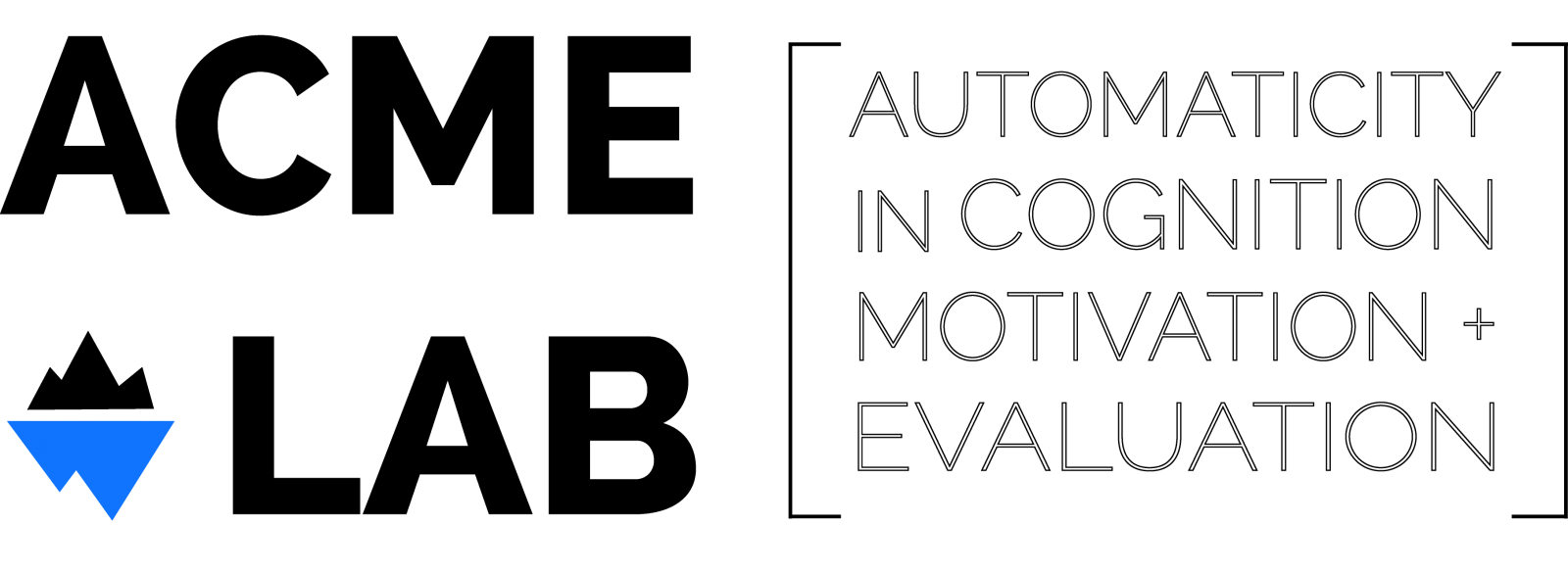Publications
(1996)
-
Bargh, J. A., Chen, M. & Burrows, L.
(1996)
Automaticity of social behavior: Direct effect of trait construct and sterotype activation on action.
Journal of Personality and Social Psychology,
71,
230-244.
-
Chartrand, T.L. & Bargh, J.A.
(1996)
Automaticity of impression formation and memorization goals.
Journal of Personality and Social Psychology,
71,
464-478.
-
Bargh, J. A., & Barndollar, K.
(1996)
Automaticity in action: The unconscious as repository of chronic goals and motives.
In P. M. Gollwitzer, & J. A. Bargh (Eds.),
The psychology of action: Linking cognition and motivation to behavior (pp. 457-481).
New York, NY:
Guilford Press.
-
Bargh, J. A.
(1996)
Automaticity in social psychology.
In E. T. Higgins & A. W. Kruglanski (Eds.),
Social psychology: Handbook of basic principles (pp. 169-183).
New York:
Guilford.
-
Bargh, J. A., Chaiken, S., Raymond, P., & Hymes, C.
(1996)
The automatic evaluation effect: Unconditional automatic attitude activation with a pronunciation task.
Journal of Experimental Social Psychology,
32,
185-210.
